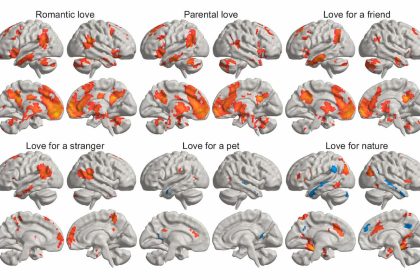A person’s intellect is not very noteworthy if their IQ falls between 85 and 115. That puts the person in the middle of the pack or on the ability spectrum. Conversely, you need to have an IQ of 130 or more to be considered among this elite group of brilliant individuals. However, only around one person in every 50 reaches such a level. Can intelligence be inherited? Or, is there a way to improve it via training?
The brain-exercising
There are no solid scientific assertions pointing in this direction. Intelligence is one of those traits that remains surprisingly consistent over a person’s lifespan. There is no way to improve upon the underlying talent pool. However, the brain is capable of adapting to new challenges. Improvements in memory performance or the capacity to spatially orient taxi drivers are two examples. So it needs consistent effort and concrete benefits to greatly enhance a skill.
There are several brain-exercising apps available today. But what do they even do? All of the best brain exercise programs test your patience and resolve by putting you in sticky situations where you have to come up with a solution on the fly. Most of the programs also need lateral thinking and the development of intricate answers.
This also encourages creative thinking and prevents individuals from falling into the same ruts of thinking in the same ways over and over. The term “brain exercise” refers to a set of techniques used to improve cognitive performance. Many specialists, however, are uncertain as to whether or not this also results in a rise in IQ.
Intelligence levels among young individuals are continually evolving
However, whereas adults’ IQs don’t seem to fluctuate much over the course of a lifetime, children and teens’ do. Researchers have shown that there is still room for significant IQ differences among them. The research found that between the ages of 12 and 16, individuals may experience both declines and gains of up to 20 points. Changes in IQ are caused by structural changes in the brain.
However, experts are baffled as to what causes these IQ spikes. Since it can’t be ruled out that education plays a role, this means that intelligence can be taught, at least in young people.
Prematurely dismissing those who were formerly seen as poor achievers is unwise since their intelligence may have increased dramatically in only a few short years. There is a widespread practice, common in many nations, of deciding a child’s future educational trajectory from an early age.
Logic games on the computer are good for your brain
The idea that playing video games might help young people develop higher intelligence is a relatively recent discovery. This, however, does not apply to all video games but rather to specialized programs designed to improve reasoning.
According to the study, children who were trained in this way both outperformed their peers on IQ tests over time and also saw their academic performance increase dramatically during the same period.
Are they also smarter in everyday life?
The benefits of having a high IQ in the classroom and the workplace are obvious. Yet, are there not also practical benefits to having a powerful brain? It is not always true that people with high IQs are also “smarter” in other areas of life.
Highly endowed individuals often do not learn to utilize their exceptional skills strategically. It is of little benefit to understanding the precise mechanics of how the nail must be driven into the stone and what happens to the metal while it does so. You just have to precisely strike the nail with the hammer.




















